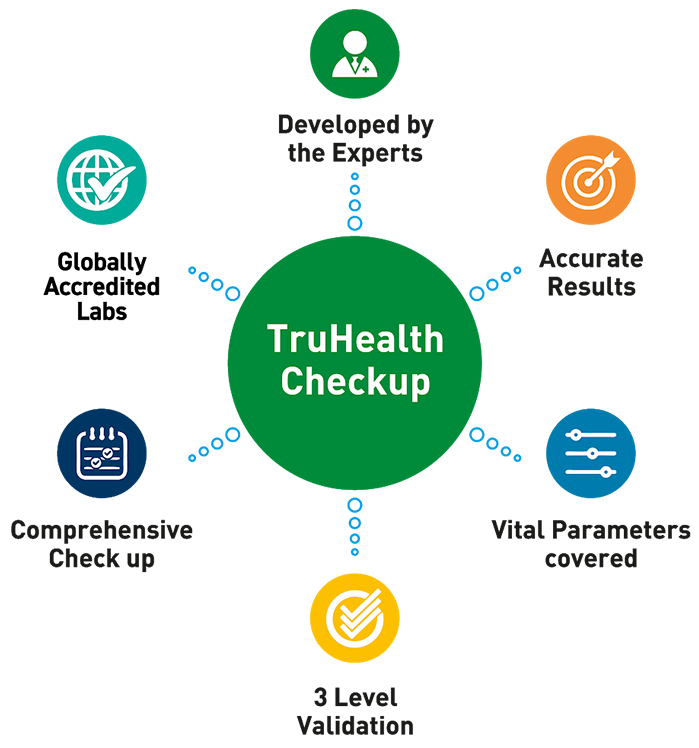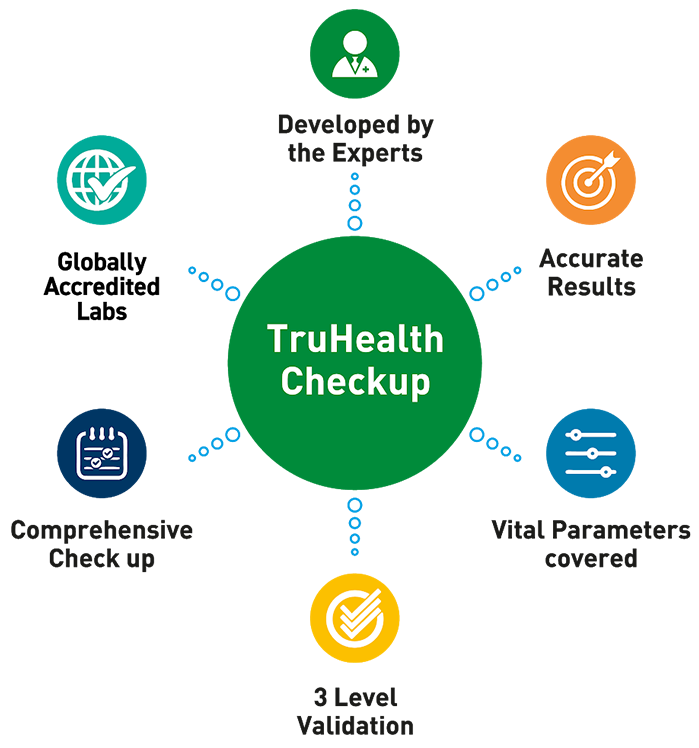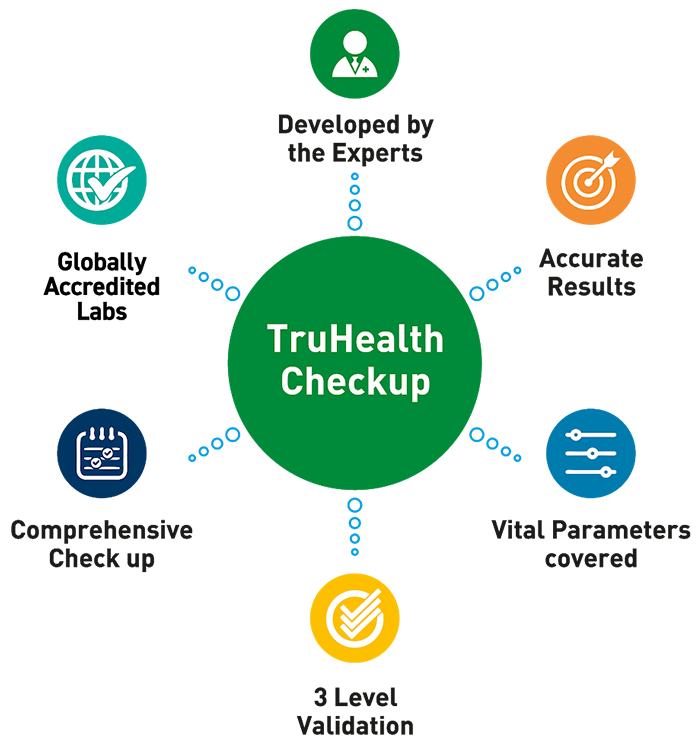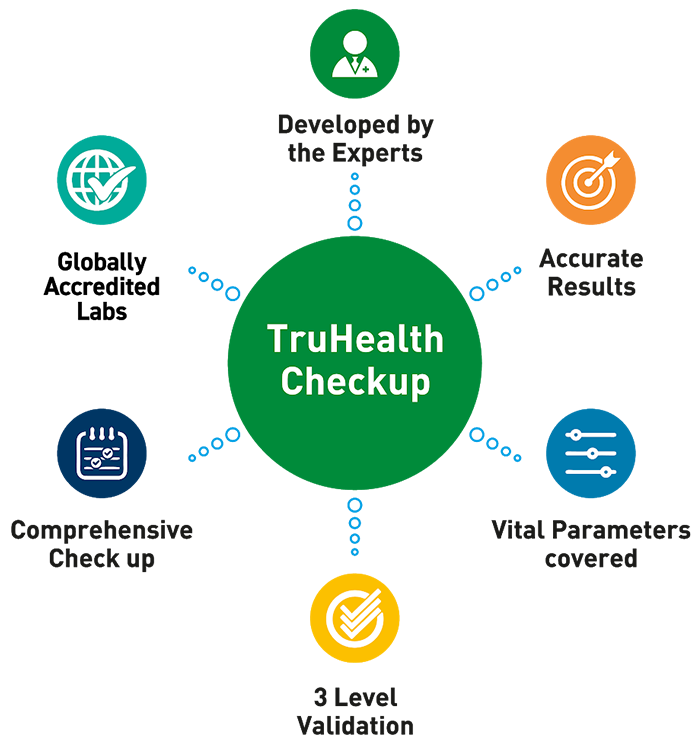Preventive Healthcare
Bad Cholesterol: Types, Causes, Symptoms and Ways to Lower It
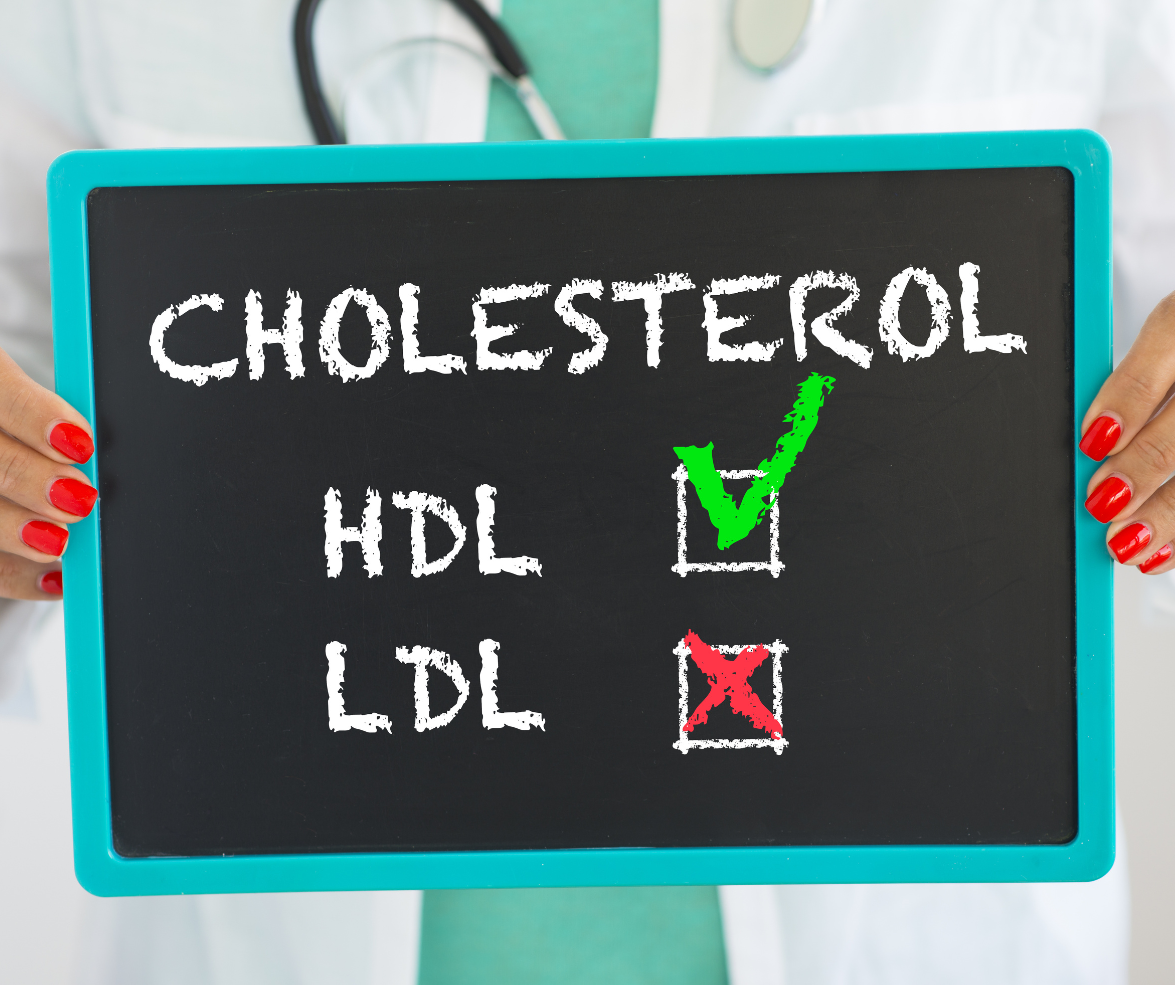
Table of Contents
Any doctor you visit will put a lot of emphasis on eating habits. The primary reason for this is cholesterol and its adverse effects on the body. High cholesterol is a life-threatening condition and can be the direct cause of a heart attack. Unlike most conditions, high cholesterol produces no symptoms.
As per Dr. Kush Kumar Singh, Lab Head (Delhi Reference Laboratory) at Metropolis, it is impossible to detect unless an individual gets a blood test that screens for cholesterol levels in the blood. Beyond a certain age, it is important to get tested for cholesterol every few months to ensure that it is kept in check.
This blog has explained cholesterol, including its types, causes of high cholesterol, and the risks and health complications associated with it. Let’s dive in!
What is Cholesterol?
Cholesterol is a waxy and fatty substance produced in the liver. It is also called a lipid and is needed by the body for several functions. It needs cholesterol to create new healthy cells, protect the nerves, and secrete hormones. The cholesterol in your blood in major parts comes from the liver, while the rest is absorbed from the food we eat.
Cholesterol is inherently not harmful to the body. On the contrary, it supports many bodily functions. A healthy amount of cholesterol in the blood is essential for your body. However, you must always ensure that the level of cholesterol in your blood never exceeds the recommended limit. Otherwise, you will be at risk of getting cardiovascular disease.
What are the Types of Cholesterol?
Cholesterol has a bad reputation for causing heart disease, but not all cholesterol is bad. There are two types of cholesterol - high-density lipoprotein (HDL) or good cholesterol and low-density lipoprotein (LDL) or bad cholesterol. Let’s examine each in detail.
1. Good Cholesterol
HDL or high-density lipoprotein is often also called good cholesterol. You can substitute the word “high” in HDL with helpful because this lipoprotein carries back the excess cholesterol in the blood to the liver. Here, this excess cholesterol is flushed out through the excretory system. This way, the balance in the level of cholesterol is maintained by the liver.
2. Bad Cholesterol
LDL, or low-density lipoprotein, is the bad cholesterol responsible for causing serious health complications. If bad cholesterol is left unchecked, it can lead to deposits of fats in the blood vessels. This can cause a blockage and have a direct impact on your blood pressure. Even more critical situations can arise if these globules of fat attach themselves to the arteries in the heart. You might then suffer a stroke which is often fatal.
Causes of High Cholesterol
Most patients with abnormal cholesterol levels have shown an unhealthy lifestyle. This includes consuming too much junk food that contains trans fats and exercising too little. Obesity can also be a major reason behind abnormal cholesterol levels.
Other than these, several diseases can also be responsible for it. They are:
- High blood sugar
- Chronic kidney disease
- Polycystic ovary syndrome
- Hypothyroidism
If you take certain medicines like anti-depressants, beta-blockers, diuretics, and birth control pills, then you may have abnormal cholesterol levels. You may also have high cholesterol due to some genetic conditions inherited at birth.
Risk Factors of Cholesterol
All of the causes mentioned above are risk factors for cholesterol. Apart from these, there are certain uncontrollable risk factors, such as:
1. Gender
Women will generally have higher LDL cholesterol level as it tends to go up after menopause. So, a woman is at a higher risk of getting heart disease.
2. Age
Your doctor will ask for a blood test to screen for cholesterol levels after 45 years of age for men and 55 years of age for women. This is because, with age, the cholesterol level rises in our bodies.
3. Smoking
Smoking causes more deposits of fats in the blood vessels. If you are in the habit of smoking, then you are at risk of high cholesterol.
Health Complications Due to Bad Cholesterol
As you have already seen, bad cholesterol has a direct effect on the health of the heart. Let us now examine some of the health complications of bad cholesterol:
- Coronary Heart Disease.
- Peripheral Vascular Disease.
- High Blood Pressure.
- Erectile Dysfunction.
Symptoms
Bad cholesterol has no noticeable symptoms. You can only detect it through a blood test. The symptoms of bad cholesterol that you can detect are often too late. They are:
1. Heart attack
2. High blood pressure
3. Diabetes
4. Angina
5. Stroke
6. Pain in the legs
When Should You Visit a Doctor?
Most doctors recommend that cholesterol screening tests begin at the ages between 9 and 11. Thereafter, the test is to be repeated every five years until the individual reaches 45 years of age. After this, the tests should be repeated every year. If your family history suggests chances of diabetes, heart disease, or high blood pressure, your doctor may recommend more frequent tests. If, during these tests, you find your cholesterol to be higher than the recommended limits, consult your doctor immediately.
Treatment
Other than suggesting that you adopt healthy lifestyle choices, your doctor may prescribe one of the following medications for high cholesterol:
1. Statins
These prevent the liver from making cholesterol in the body.
2. Cholesterol absorption inhibitors
These drugs prevent the absorption of cholesterol from the foods you consume.
3. Bempedoic acid
This is a new drug that functions in the same way as Statins.
4. Bile-acid-binding resins
These indirectly lower the cholesterol level by binding with the bile produced in the liver.
5. PCSK9 inhibitors
These are drugs that help the liver to absorb more LDL from the bloodstream.
How to Avoid Bad Cholesterol?
By making a few changes, you can avoid the risk of bad cholesterol. They are:
1. Consult your doctor every couple of months.
2. Adopt a healthy diet.
3. Quit alcohol and cigarettes.
4. Exercise daily.
5. Take medicine.
Conclusion
As you can see, there are many health hazards of high cholesterol. But it is quite easy to control it if you follow your doctor’s advice diligently. But the most important step is the diagnosis of high cholesterol.
Final Takeaway
- Eat healthy foods.
- Quit smoking and drinking alcohol.
- Take your cholesterol medicine daily.
- Visit Metropolis Healthcare/Labs for cholesterol and other pathological tests.
















